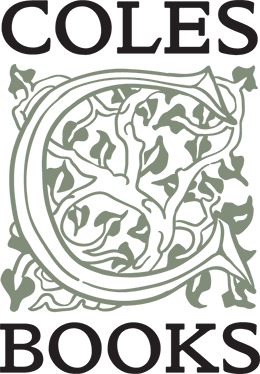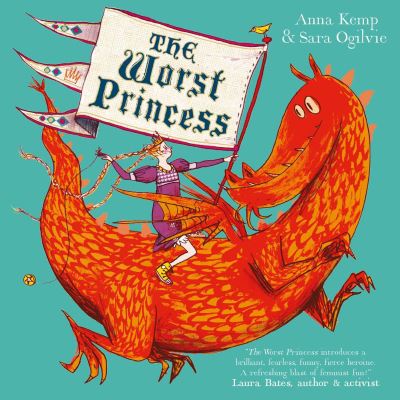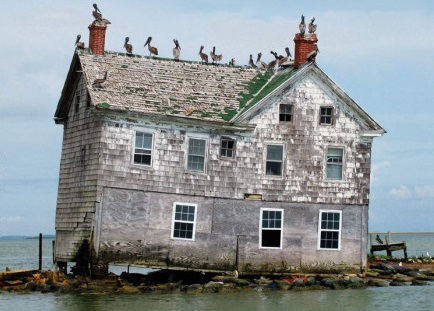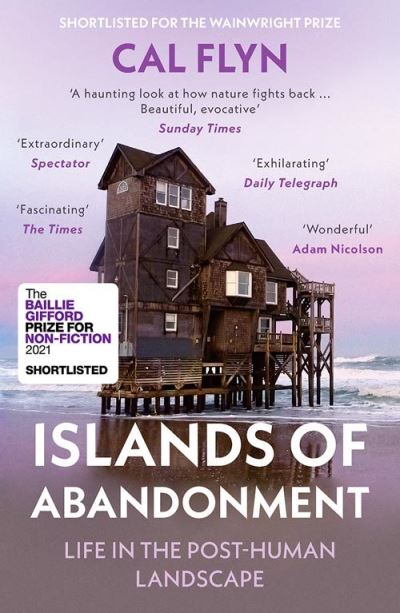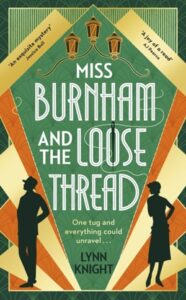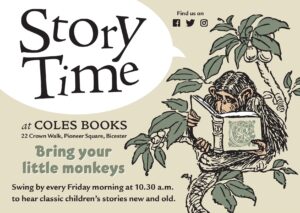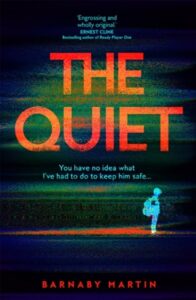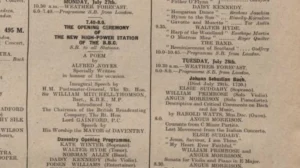Book Shop News
Friday @ 10.30am in the shop in Crown Walk, Bicester
‘What was that book featured on the radio the other day?’
Islands of Abandonment: Life in the Post-Human Landscape by Cal Flyn
James Naughtie and a group of readers talk to Cal Flyn about her acclaimed book, Islands of Abandonment.
This is a book about abandoned places: ghost towns and exclusion zones, no man’s lands and fortress islands – and what happens when nature is allowed to reclaim its place. In Chernobyl, following the nuclear disaster, only a handful of people returned to their dangerously irradiated homes. On an uninhabited Scottish island, feral cattle live entirely wild.
In Detroit, once America’s fourth-largest city, entire streets of houses are falling in on themselves, looters slipping through otherwise silent neighbourhoods. This book explores the extraordinary places where humans no longer live – or survive in tiny, precarious numbers – to give us a possible glimpse of what happens when mankind’s impact on nature is forced to stop. From Tanzanian mountains to the volcanic Caribbean, the forbidden areas of France to the mining regions of Scotland, Flyn brings together some of the most desolate, eerie, ravaged and polluted areas in the world – and shows how, against all odds, they offer our best opportunities for environmental recovery.
By turns haunted and hopeful, this luminously written world study is pinned together with profound insight and new ecological discoveries that together map an answer to the big questions: what happens after we’re gone, and how far can our damage to nature be undone?
Available to buy from Coles Books HERE or by clicking the image below
March 2023 – Coles Book Club
Thursday 30th March 2023 @ 7pm
Anne Youngson – ”A Complicated Matter”
